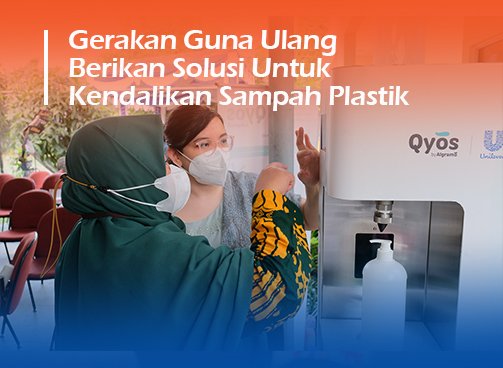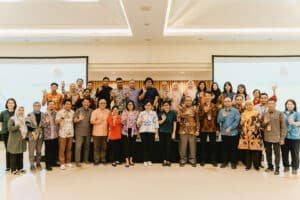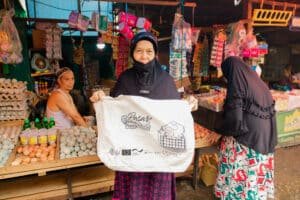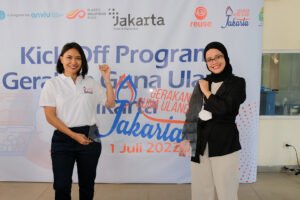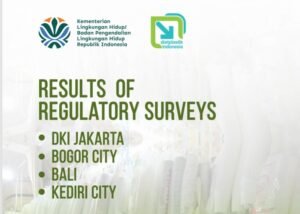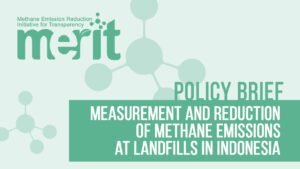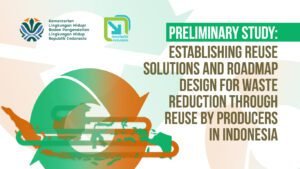Single-use plastic waste is still an environmental problem faced by almost all countries worldwide, including Indonesia.
Single-use plastic waste still needs to be solved to decompose. This waste is mainly obtained from product packaging, such as food and beverages, body care products, and household hygiene products. The type of plastic waste consists of packaging that comes from foam plastic or multi-layer packaging such as sachets or pouches.
The Harmful Impact of Single-Use Plastic Waste
The adverse effects produced by plastic waste not only affect the quality of the environment but also human health.
The Environment International journal entitled “Discovery and Quantification of Plastic Particle Pollution in Human Blood” in 2022 detected the presence of microplastics in human blood. Then, a recent study published in the journal Polymers analyzes microplastics flowing in breast milk. As many as 75% of 34 healthy mothers in Rome, Italy, were detected to produce breast milk with microplastic content a week after giving birth. These microplastics, like transporters, tend to bind to toxins that endanger human health.Preventing Plastic Waste Generation by Reusing
One of the efforts to prevent plastic waste generation by the government’s mandate is reusing it. With the increasing waste problem, it is time to intensify reuse efforts. Currently, reuse is considered the most appropriate solution to overcome the generation of single-use plastic waste, which has begun to be widely applied in all countries, including Indonesia.
In Indonesia, many traditions or habits have implemented the reuse system since ancient times. For example, they buy jamu from mbok jamu in front of the house using a reusable glass, meatball noodles from a traveling cart vendor using the plates we have at home, or drinks packaged in glasses or glass bottles.

Based on the Ellen MacArthur Foundation Reuse Framework, there are four reuse models that we can apply in our daily lives, namely (1) Refill at home, (2) Refill on the go, (3) Return from home, and (4) Return on the go. Without realizing it, we have been doing this reuse model for a long time, proving that reuse is not new.
What is Needed by the Key Parties in the Establishment of the Reuse Ecosystem
To succeed in this reuse movement, the role of various parties is needed so that it can run optimally. These parties include:
Manufacturers or industries of daily necessities can provide and sell products in reusable packaging, which can be supplied independently or with the services of reuse business startups. These products can be distributed at points of sale, such as shops, public markets, stalls, and others so that consumers can easily buy them for use.
Product packaging that has been used can be returned through collection points or drop-off points, such as waste banks, shops, public markets, stalls, and other points established by the government and the daily necessities industry. Consumers can also return the product packaging themselves or use pick-up services provided by the government and/or the daily necessities industry, thus minimizing carbon emissions from transportation.
The collected product packaging will be washed and sterilized before being refilled by the consumer goods industry and/or the services of a reuse startup. Applicable hygiene standards do this refilling. The products can then be redistributed at the point of sale, repeating the process previously undertaken.
If this infrastructure can be realized and run optimally, then a reuse ecosystem can be built to reduce our dependence on consumption that generates a lot of waste. And it can also help reduce the effects of climate change from the problem of garbage in the environment.
Let’s support the success of the Reuse Movement in Indonesia for a sustainable future.

